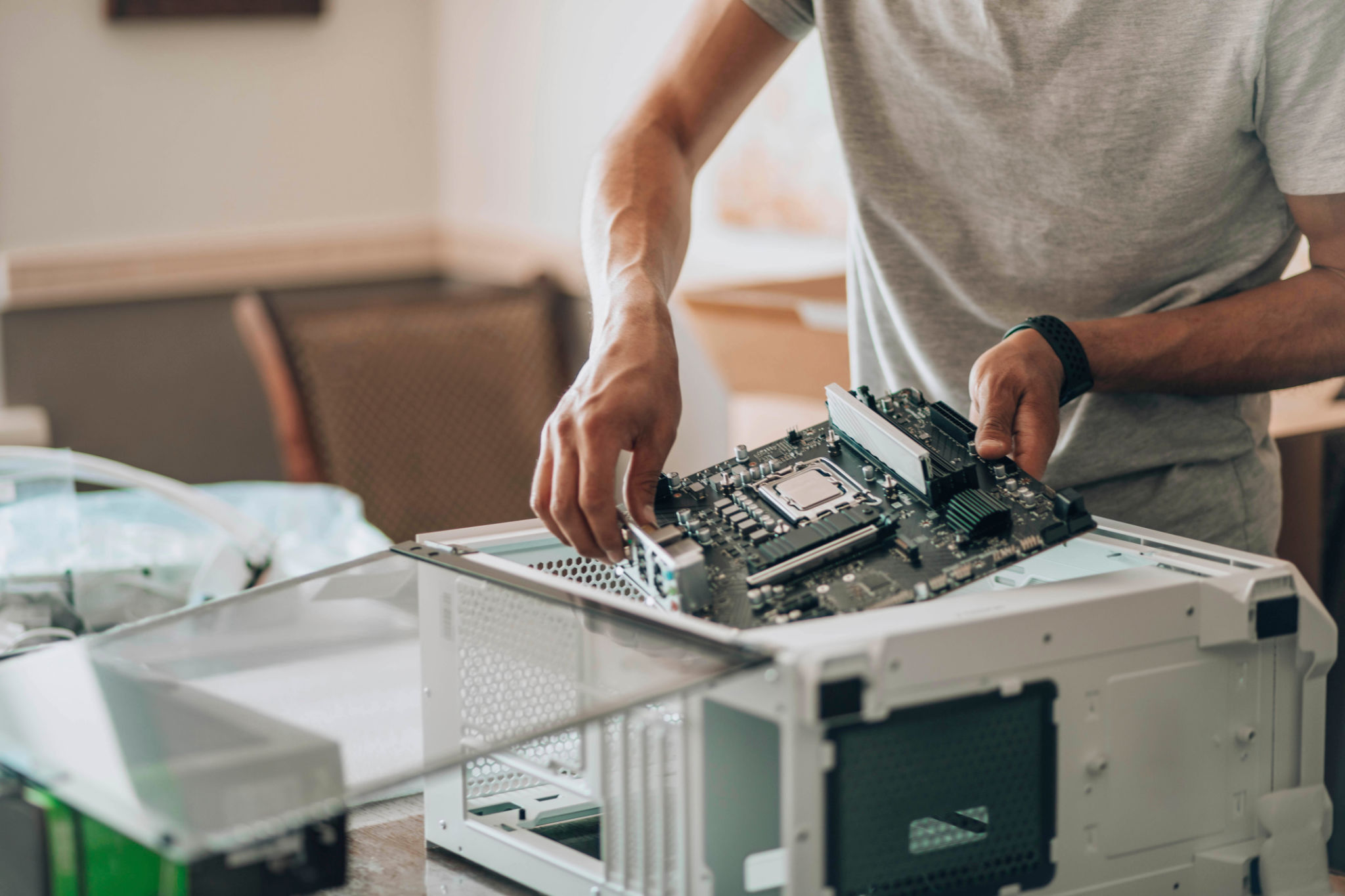Expert Insights: Avoiding Common Hardware Mistakes
Al
Understanding the Importance of Proper Hardware Selection
When it comes to setting up a new office or upgrading existing systems, hardware selection is a crucial step that can significantly impact productivity and efficiency. Many businesses overlook the importance of investing in the right hardware, often leading to costly mistakes. Understanding your specific needs and the demands of your operations can guide you in making informed decisions.
One common mistake is choosing hardware based solely on price. While budget constraints are important, opting for the cheapest option can lead to performance issues and higher costs in the long run. It's essential to balance cost with quality and functionality.

Selecting the Right Specifications
The specifications of your hardware are critical to ensuring smooth operations. Whether it's a computer processor's speed or the memory capacity of a server, these specifications should match your business's requirements. Overestimating or underestimating these needs can cause inefficiencies.
To avoid this mistake, assess your current and future needs. Consider the types of applications you'll be running and the number of users accessing the system. This will help you determine the appropriate hardware specifications needed to support your operations effectively.
Ensuring Compatibility and Integration
Another common pitfall is neglecting compatibility between new hardware and existing systems. This oversight can lead to integration challenges and disruptions in workflow. Ensuring that new hardware is compatible with your current software and infrastructure is vital for seamless integration.

Conduct thorough research or consult with an expert to verify compatibility. This includes checking software requirements, peripheral device connections, and network compatibility. Taking these steps can prevent unnecessary headaches down the line.
Investing in Quality Support and Maintenance
Even with the best hardware, issues can arise that require prompt attention. A common mistake is overlooking the importance of support and maintenance services when purchasing hardware. Quality support can minimize downtime and ensure that any technical problems are resolved quickly.
When selecting hardware vendors, inquire about their support services. Having access to reliable technical support can make a significant difference in maintaining business continuity.

Planning for Scalability and Future Growth
Businesses often make the mistake of focusing only on current needs without considering future growth. As your business expands, your hardware needs will also change. Planning for scalability from the start can save time and resources in future upgrades.
Consider how easily your systems can be expanded or upgraded. Investing in scalable solutions will help accommodate growth without requiring a complete overhaul of your infrastructure.
Conclusion: Making Informed Hardware Decisions
Avoiding common hardware mistakes requires careful planning and consideration of various factors such as specifications, compatibility, support, and scalability. By taking a strategic approach, businesses can make informed hardware decisions that support their operations and foster growth.
Remember, investing time and resources into selecting the right hardware is an investment in your business's future success.